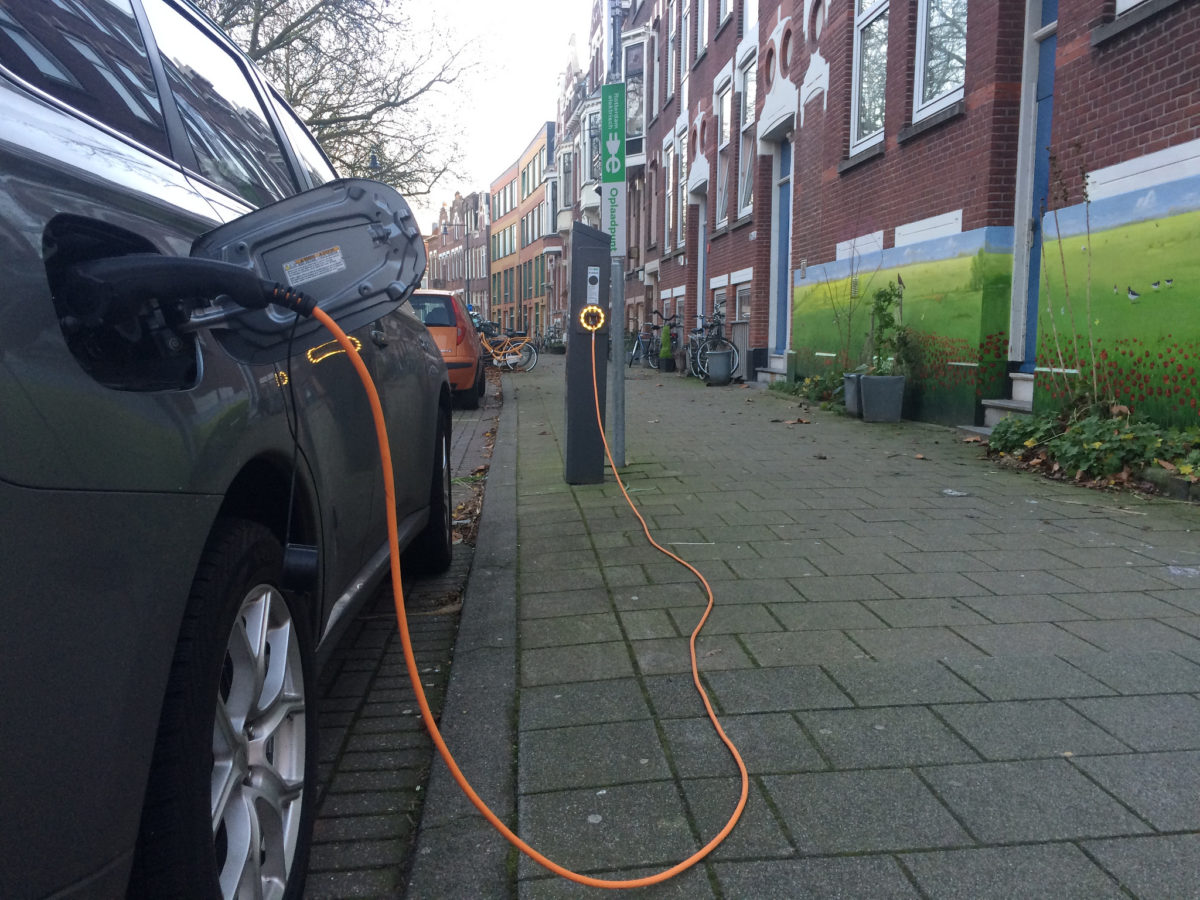As the clock ticks down on an annual UN climate change conference made particularly fraught by the gloomy findings of the latest IPCC report, a German-led coalition of renewable energy and e-mobility companies has called on politicians to stop kicking the can down the road, and get to work on removing carbon emissions from transportation.
Global e-mobility lobby Power2Drive – which exhibits at trade shows around the world – has launched a “manifesto for e-mobility and renewable energy”, calling on politicians, the public and industry to work together to integrate the global electric vehicle transition with renewable energy generation.
The initial signatories to the manifesto launched yesterday are Germany’s associations for eMobility (BEM), energy market innovators (bne), solar mobility (BSM), solar (BSW-Solar) and wind energy (BWE), along with the International Solar Energy Society’s German Section (DGS) and the International Battery & Energy Storage Alliance (IBESA).
The petitioning bodies are attempting a clarion call to Europe’s policymakers but demands such as the call to expand public transport options have long been made across civil society and, in turn, long been largely ignored by politicians. Another demand for concerted action at all levels of government is likely to be pushing on an open door at EU level, but ignores the political reality at state, regional, municipal and local levels in numerous parts of the political bloc, where right-wing populists hold power and often display climate-change sceptic and Eurosceptic attitudes.
Power should be consumed at source
The Power2Drive coalition, which will be present at The Smarter E Europe new energy solutions trade show in Messe Munich in May, said in a joint statement announcing the launch of its manifesto, e-mobility needs to be entwined with the transformation of Europe's electricity and heat supply, rather than driving up demand for electricity at the expense of the other sectors.
The manifesto’s authors insist the electricity needed to meet rising demand for e-vehicles must come from wind and solar rather than gas, including the hydrogen for fuel cell-powered transport.
Much emphasis is placed on a bottom-up approach to electricity generation and consumption, with the manifesto stating: “electricity should ideally be consumed where it is generated”, and calling for new smart grids to be rolled out with all speed, to operate from a self-consumption basis up through neighborhoods, states and across the EU, and ignoring national borders.
Such smart grids will minimize the need to expand grid infrastructure even as demand rises, through the use of EV batteries to stabilize grids to ensure regular supply and energy security, with the manifesto also demanding the expansion of “intelligent storage solutions” as the grid moves to a mix of prosumers and “flexumers”.
Vanuatu threatens legal action
The signatories to the manifesto also call for EV incentives including preferential parking as well as tax relief, and for private and commercial investment in charging infrastructure and universal standards in charging and payment processes.
Highlighting the need to reduce transportation demand with public transport alternatives based on the sharing economy and an emphasis on traffic reduction in civic planning, the manifesto also proposes what sounds like a carbon tax when it states: “any harmful action should be curbed, particularly via internalization of external costs across the board”.
That is a call which will presumably be welcomed by the government of Vanuatu, which is exploring the viability of suing fossil fuel companies and the financial institutions and developed nations they operate in, it emerged today.
The Pacific island state is widely expected to be the first nation on earth to disappear entirely due to rising sea levels, and today its Foreign Minister, Ralph Regenvanu, told Reuters his government is exploring legal options to gain recourse for the “existential threat” climate change poses to his nation.
Mr. Regenvanu said he will approach other climate-vulnerable nations at next month’s COP24 UN climate change conference in Katowice, Poland, with a view to a class action against fossil fuel companies and the financial and political institutions they operate within.
This content is protected by copyright and may not be reused. If you want to cooperate with us and would like to reuse some of our content, please contact: editors@pv-magazine.com.




By submitting this form you agree to pv magazine using your data for the purposes of publishing your comment.
Your personal data will only be disclosed or otherwise transmitted to third parties for the purposes of spam filtering or if this is necessary for technical maintenance of the website. Any other transfer to third parties will not take place unless this is justified on the basis of applicable data protection regulations or if pv magazine is legally obliged to do so.
You may revoke this consent at any time with effect for the future, in which case your personal data will be deleted immediately. Otherwise, your data will be deleted if pv magazine has processed your request or the purpose of data storage is fulfilled.
Further information on data privacy can be found in our Data Protection Policy.